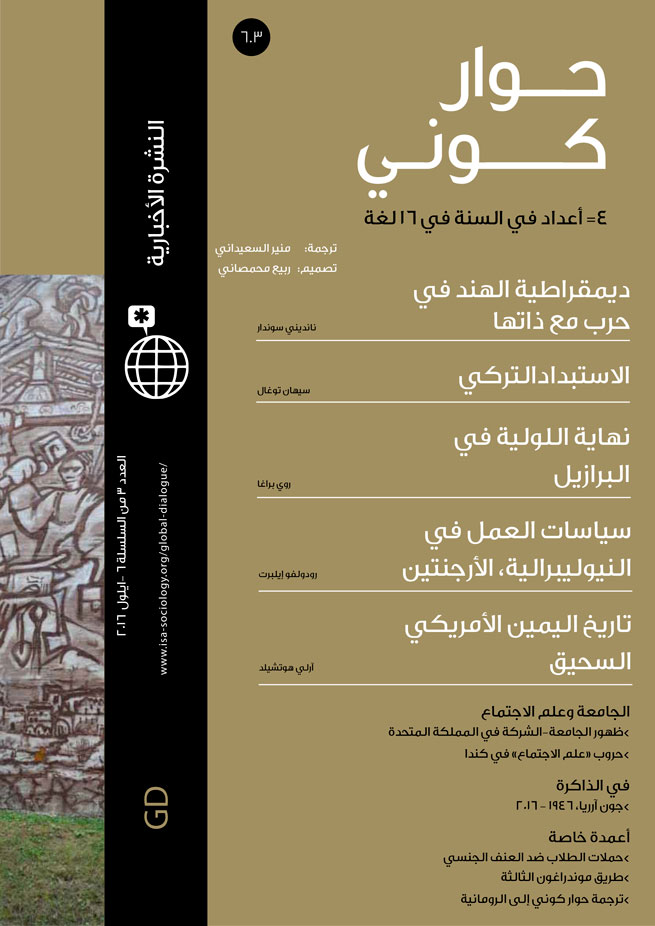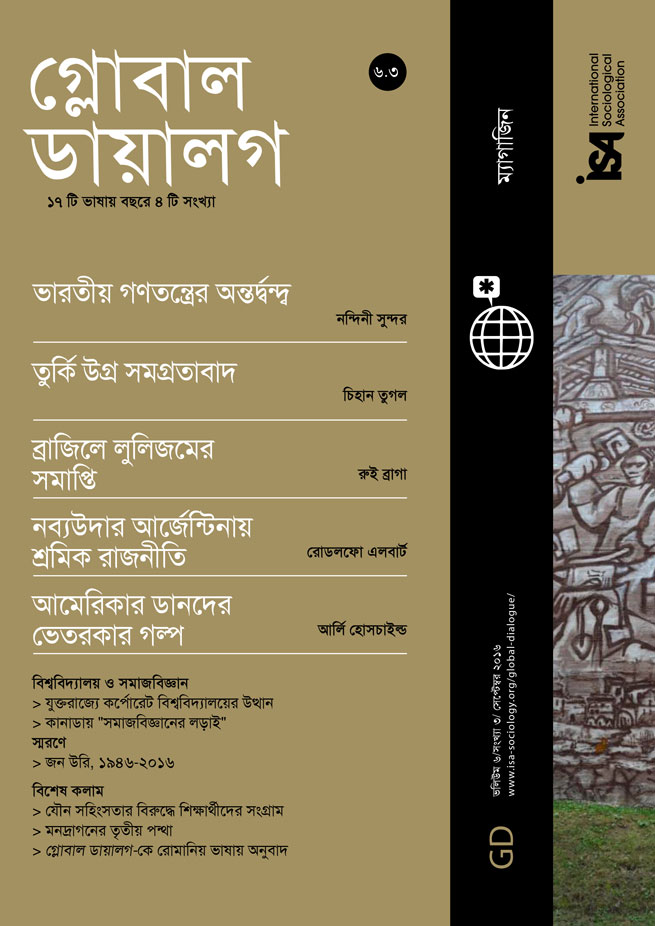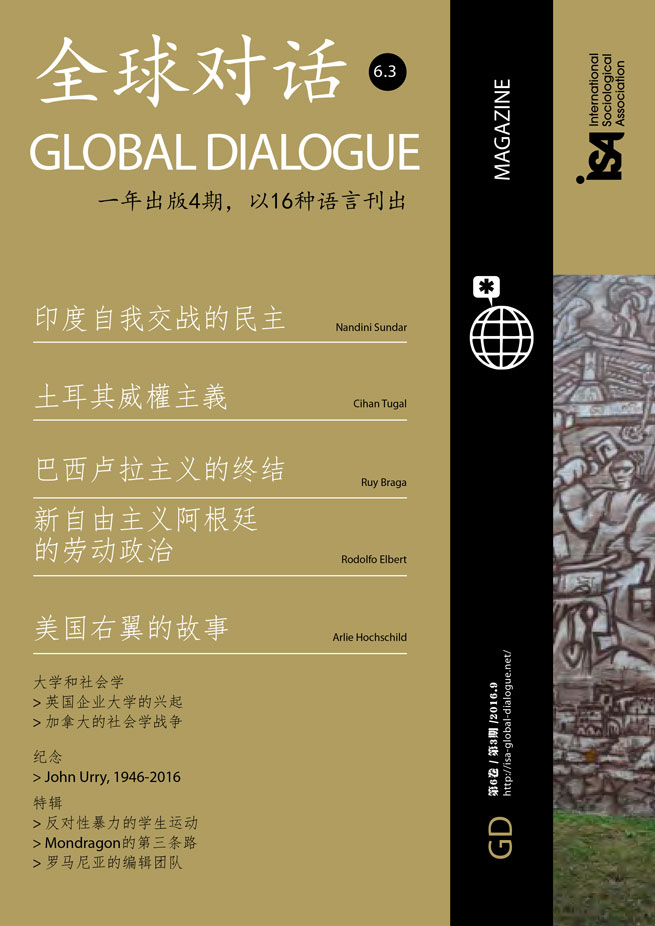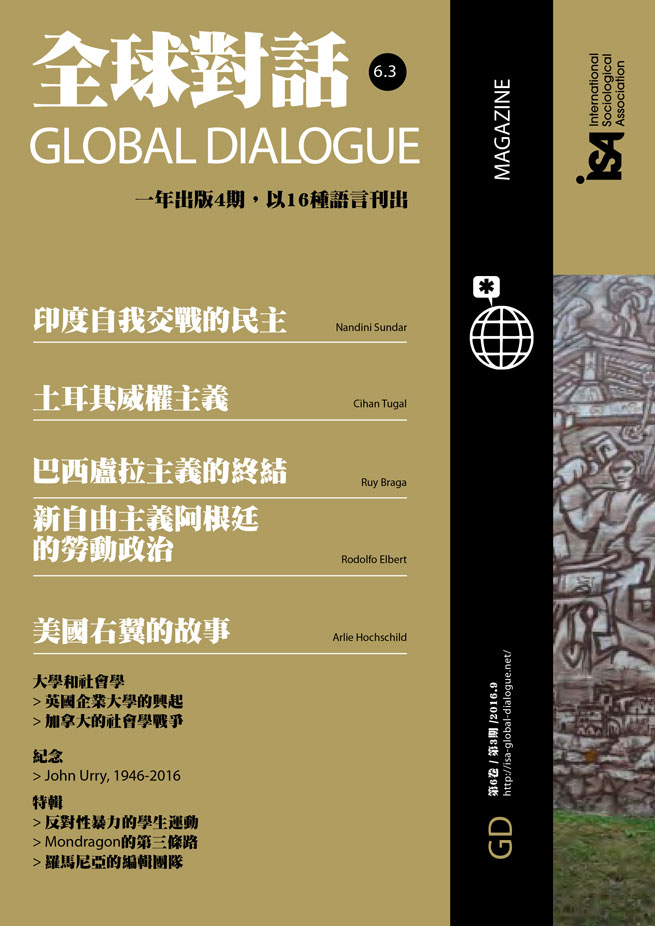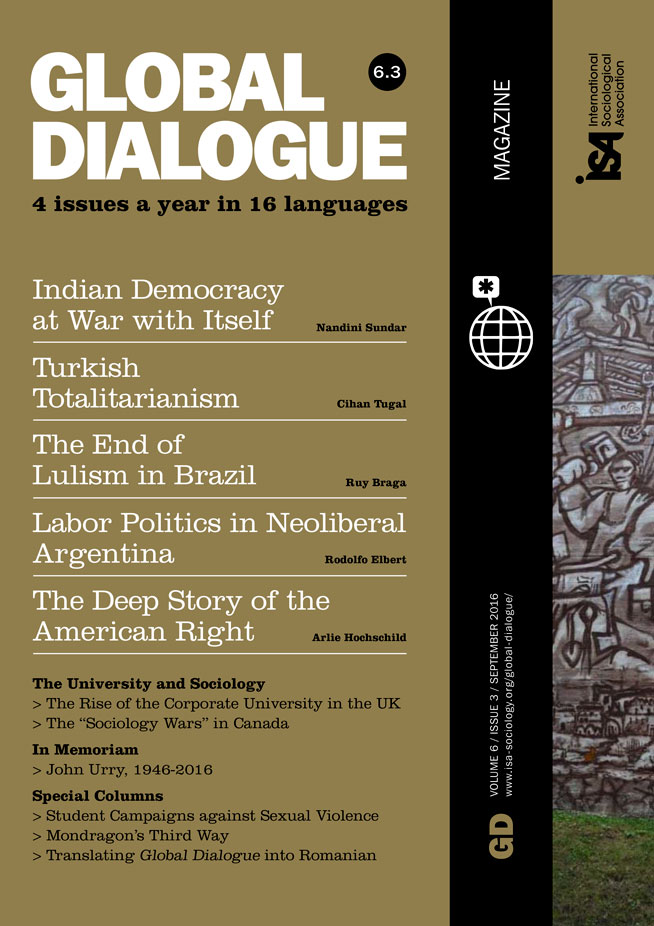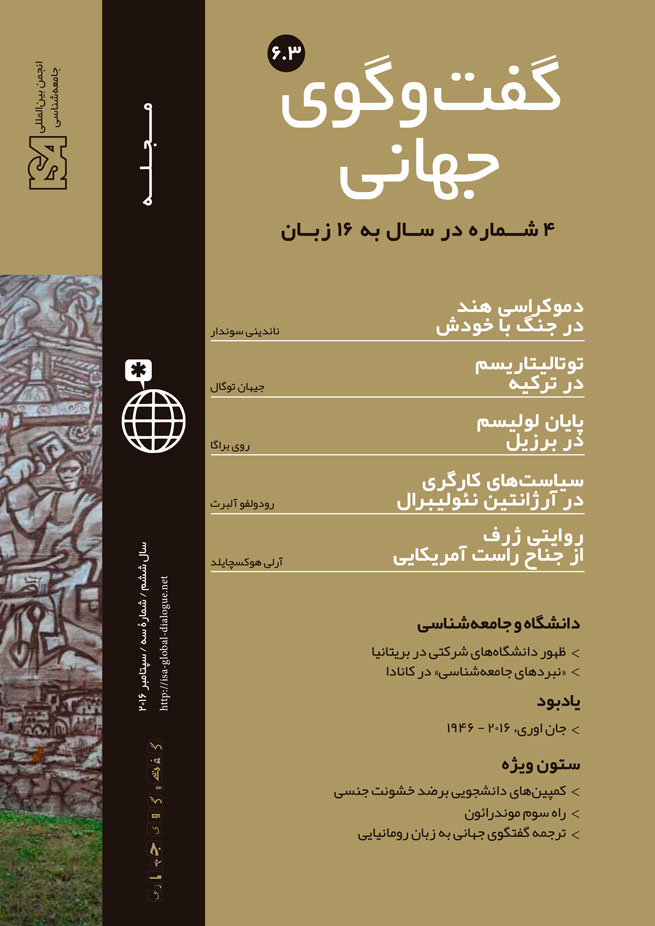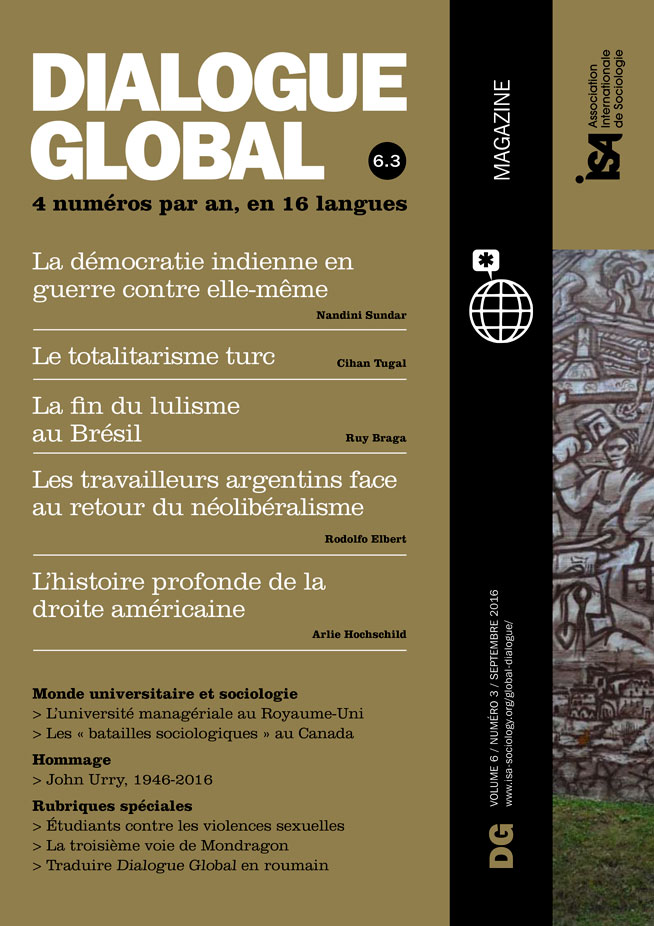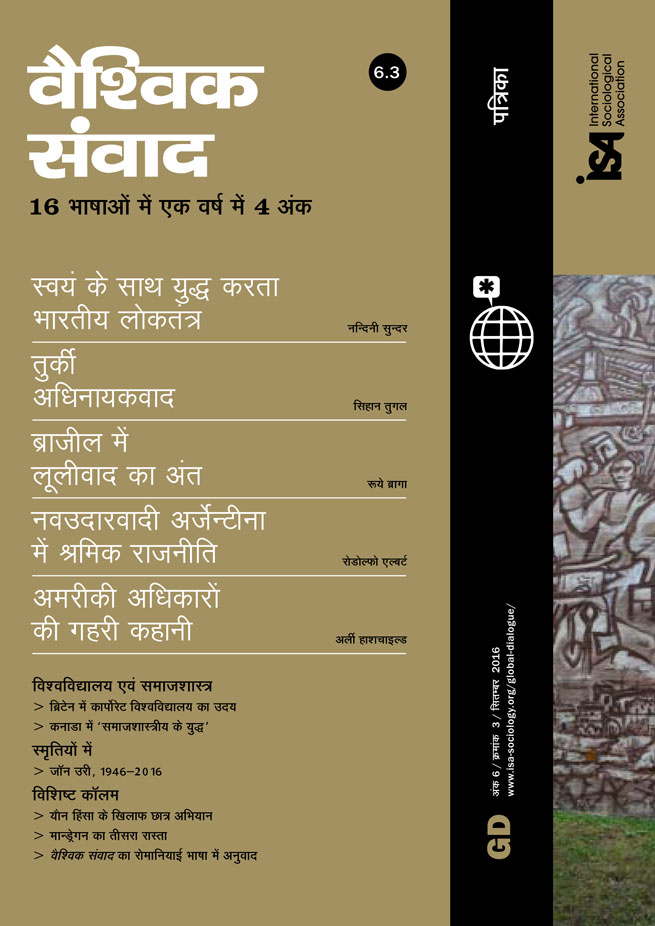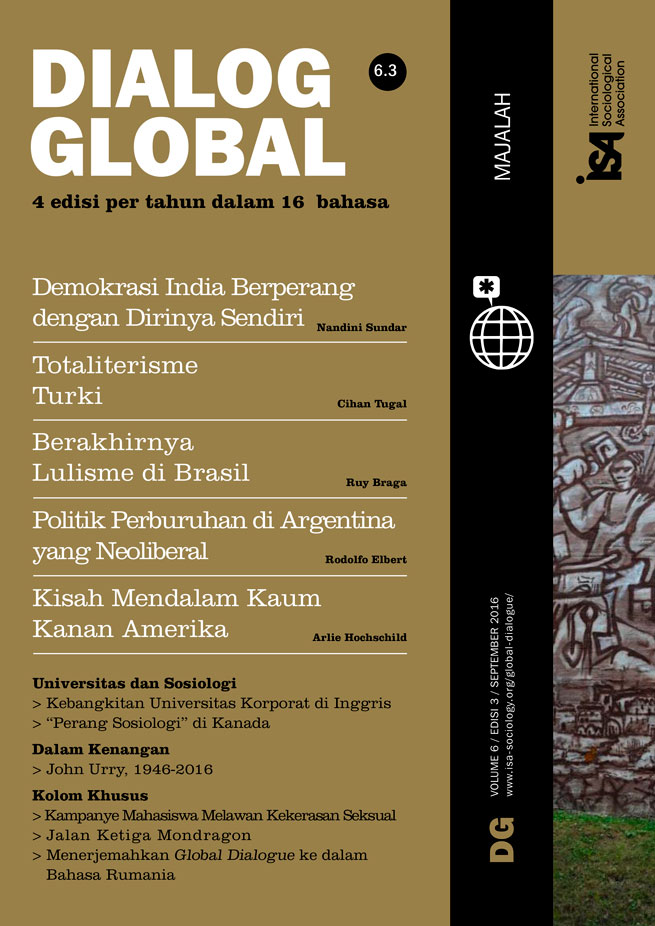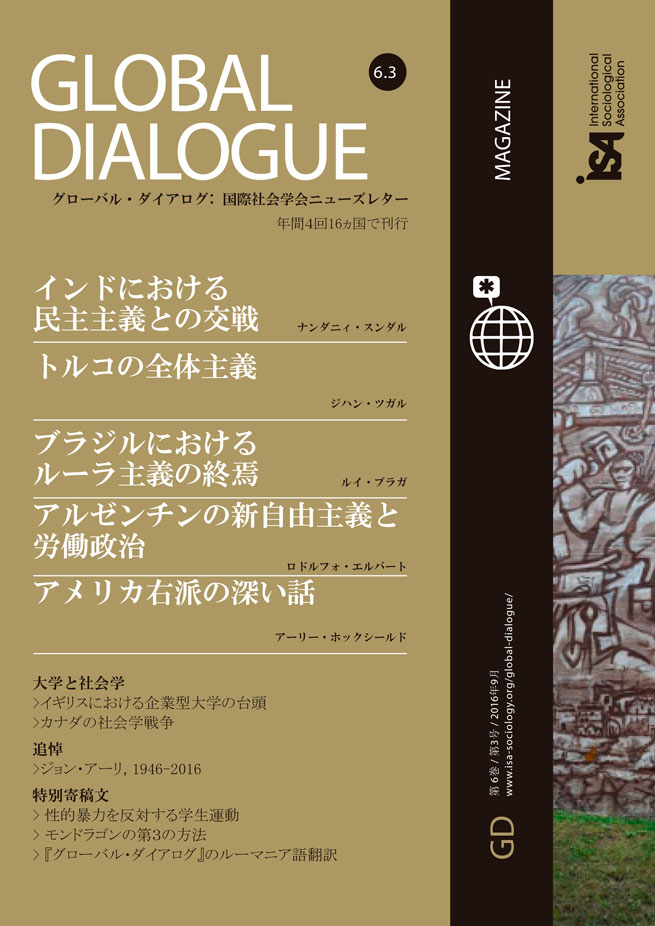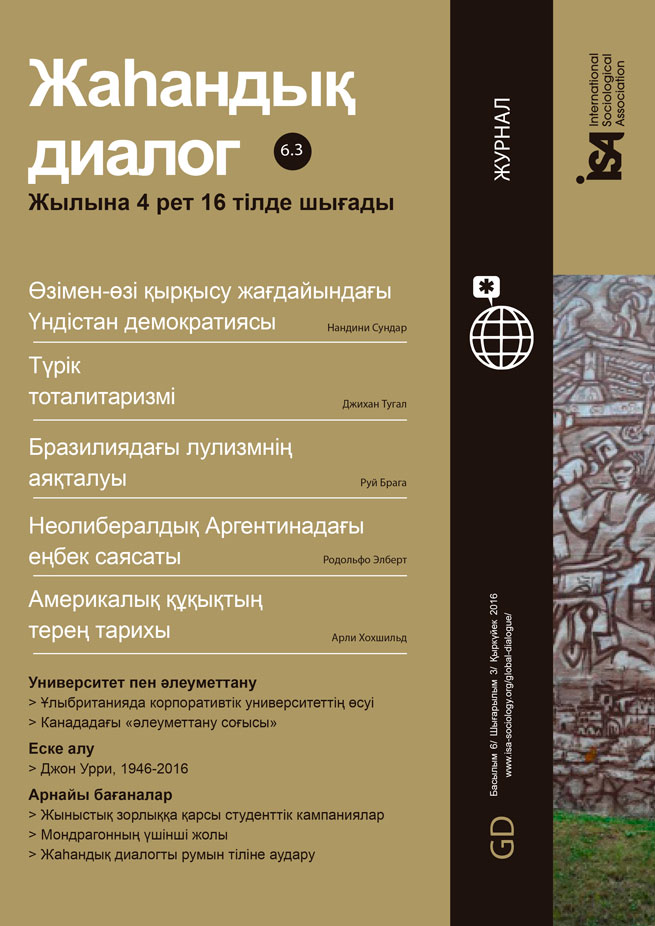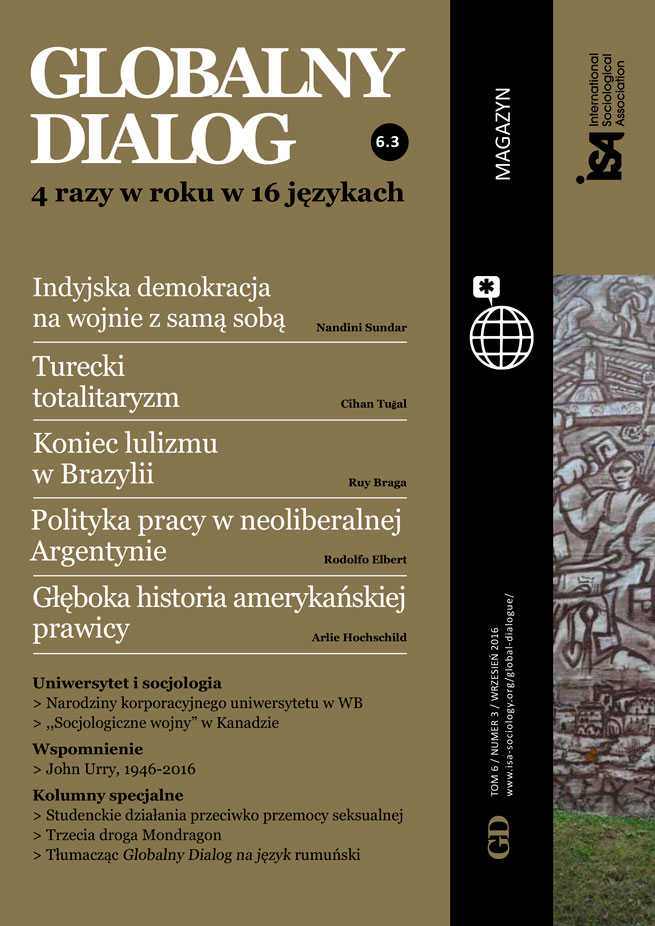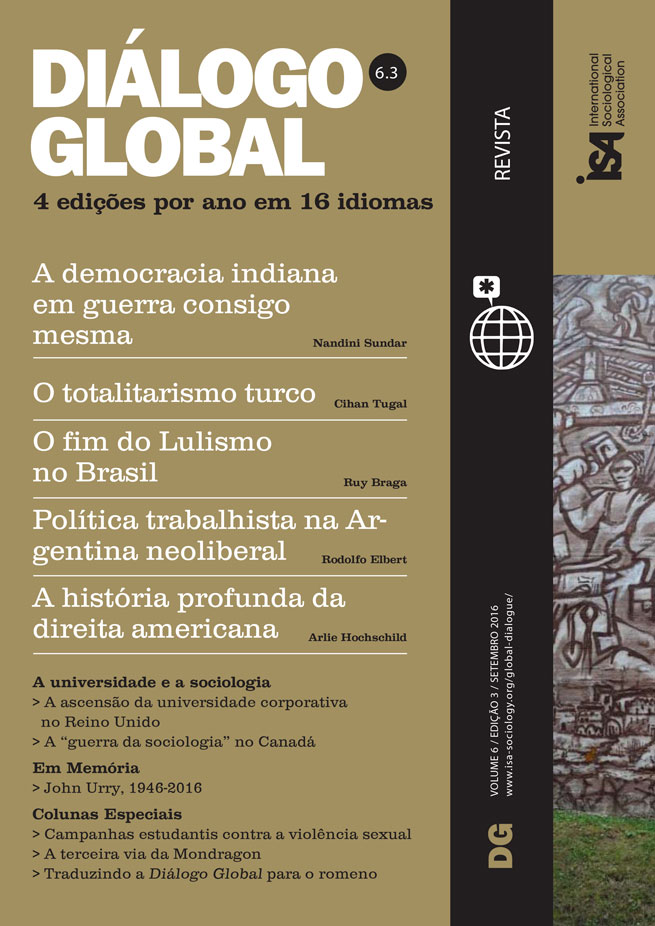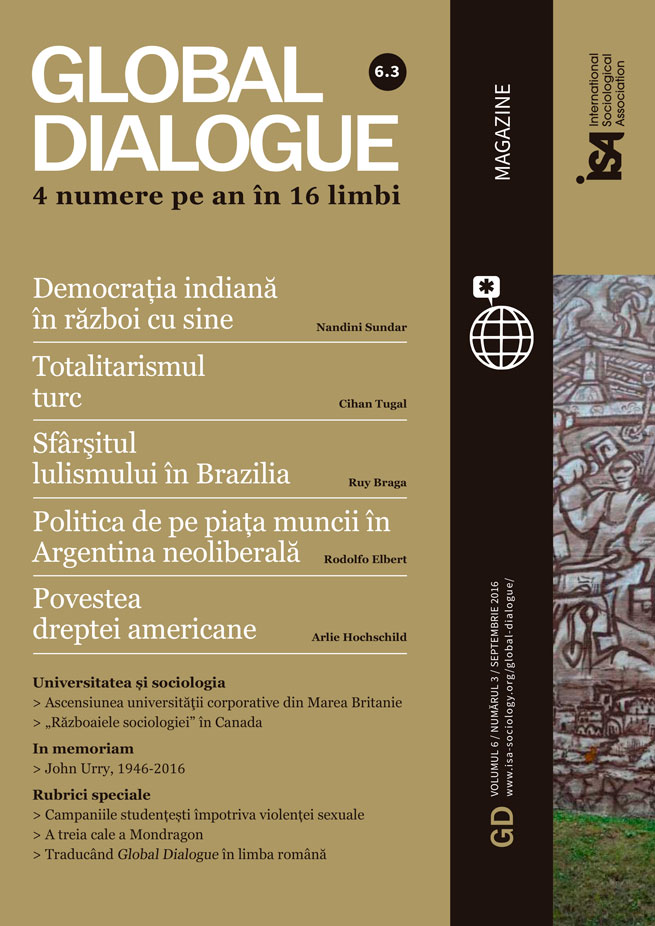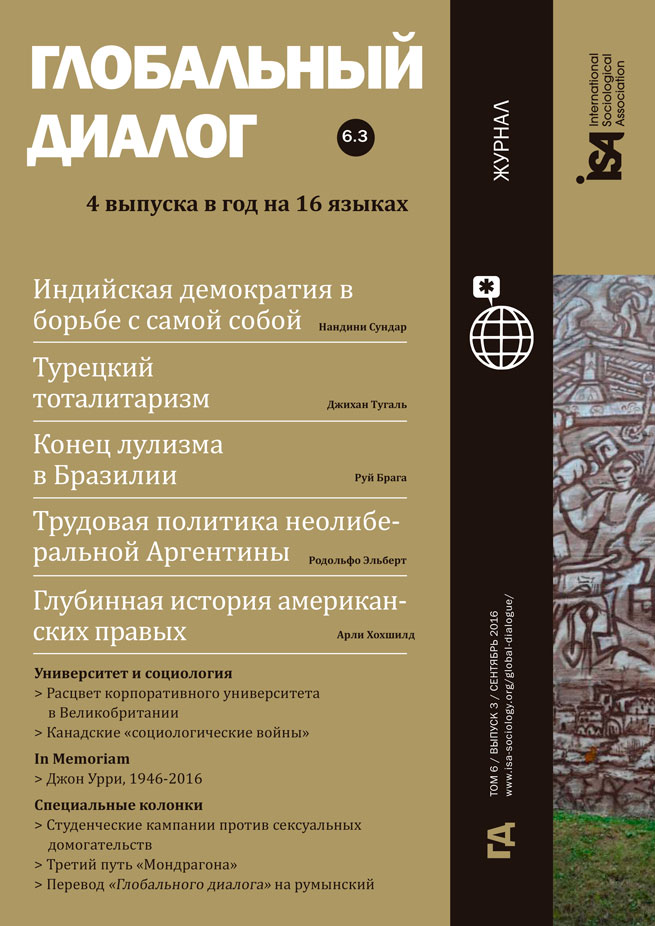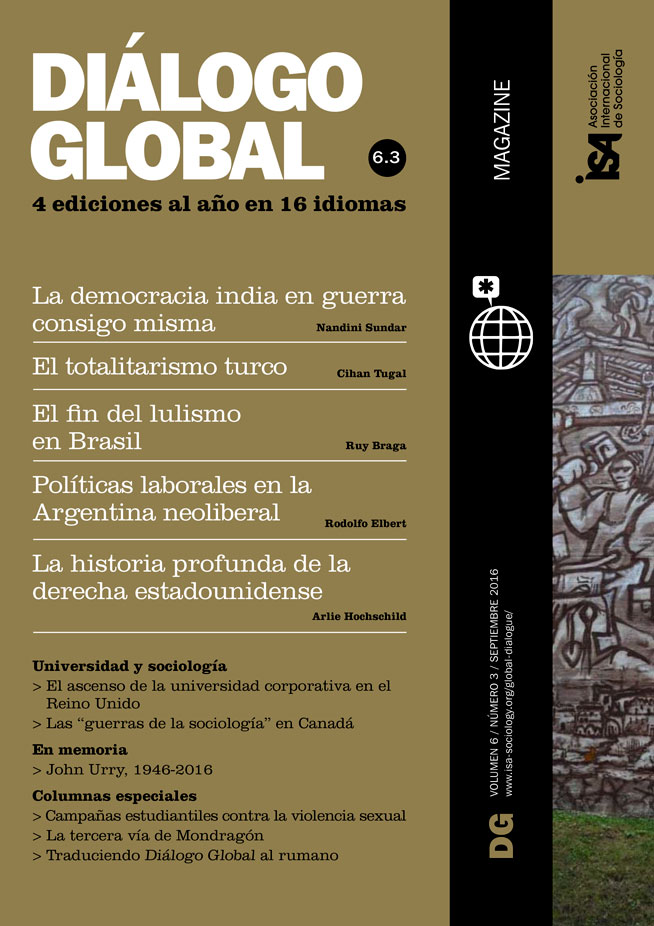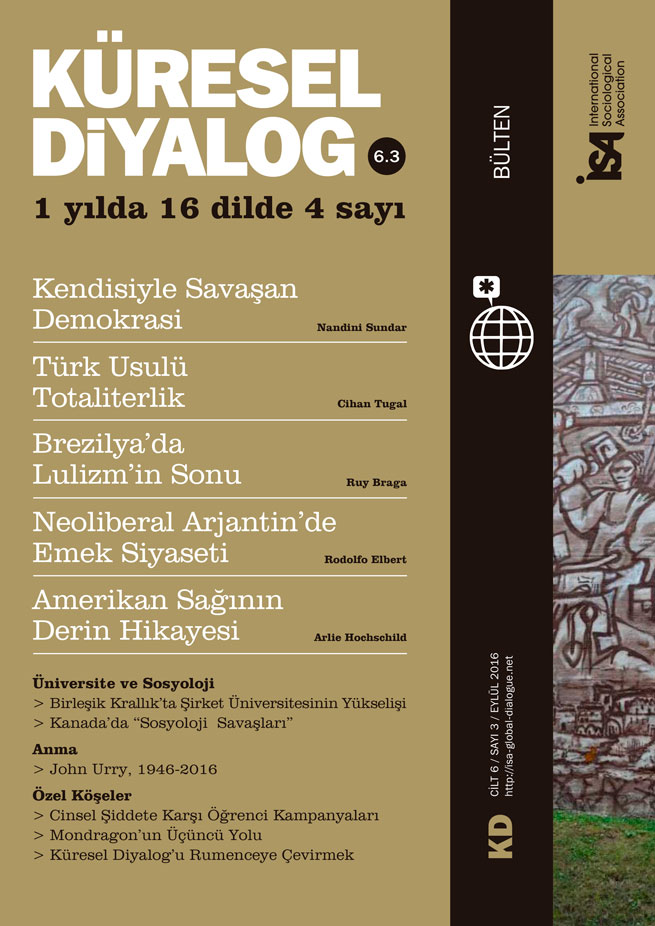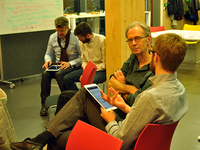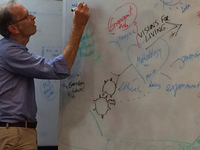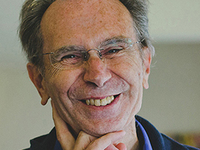John Urry: More than a Sociologists’ Sociologist
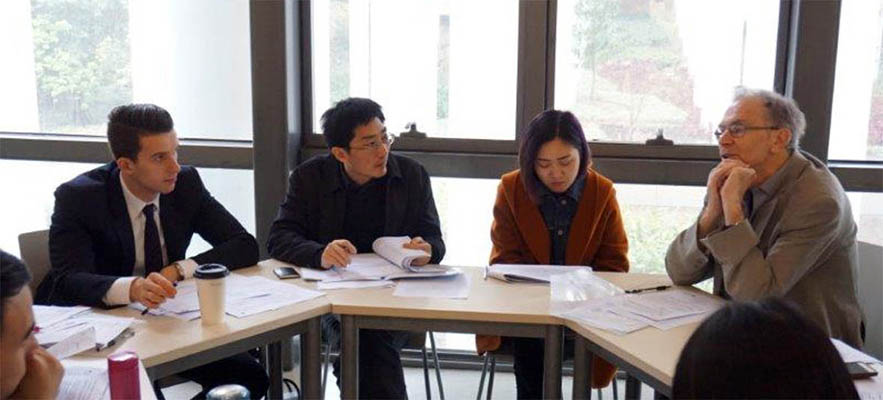
August 06, 2016
John Urry’s unexpected death shocked his family, friends and colleagues. He and I first formed a bond as postgraduate students in Cambridge University in 1967-1970, sharing supervisors and interests, interacting thereafter in the Conference of Socialist Economists as well as in sociology conclaves, and becoming colleagues again in 1990 when I was appointed to a chair in sociology at Lancaster University.
John Urry earned a double first in Economics and Politics from Christs’ College, Cambridge, where he was supervised by, among others, James Meade, an economist subsequently awarded a Nobel Prize. These were years when John Maynard Keynes’ work was still taken seriously in Cambridge, and where heterodox economics still had a place in political economy. John then embarked on a PhD in the Faculty of Economics and Politics (at this stage, there was no Faculty of Social and Political Sciences at Cambridge) on the topic of relative deprivation and revolution, supported by a research fellowship from the British Social Science Research Council. This was before Sir Keith Joseph, Mrs. Thatcher’s hawkish Secretary of State for Education and Science, took umbrage at sociologists’ rubbishing of his cyclical cultural deprivation theory of family poverty, denied that sociology was a science, and proposed renaming the SSRC as the Economic and Social Research Council. Years later, John served as national Chair of the Professors and Heads of the Sociology Group (1989-92), and was heavily involved in defending the social sciences against similar onslaughts; in 1999, he helped found the UK’s National Academy of Academics, Learned Societies and Practitioners in the Social Sciences (since renamed the Academy of Social Sciences).
In 1970, before completing his PhD, John began a lectureship in sociology at Lancaster. During 46 years of unbroken service, he contributed much to the department’s strong and flexible research culture, both through his own work and through institution-building across the university. Since the heady days of expansion in the “white heat of the technological revolution” and the influence of leftwing thinking in the 1970s, universities have changed enormously and the demands placed on academics and scholars have increased hugely. Yet John always maintained his love of learning, his curiosity about social change, a self-evident intellectual pleasure in delving into new subjects and ways of thinking – whether it was power, social theory, space, time, localism and regionalism, disorganized capitalism, leisure and tourism, nature and the environment, mobilities, the complexities of global society, energy usage and climate change, urban design, the social implications of 3-D printing, and, most recently, present futures and future futures. Many of these interests converged in his efforts to establish Lancaster’s Institute for Social Futures.
In their contributions to this celebration of John’s life, Scott Lash and Andrew Sayer have described some of his inspiring works. My own favorite is John’s rigorous and comprehensive Social Theory as Science, co-authored with Russell Keat (1975, re-issued 2015), which consolidated his theoretical trajectory until that point and inspired my own work in the philosophy of social sciences. However, always interested in staying abreast of changing theoretical and substantive debates, John read widely and asked about their intellectual value added, what new insights they might generate, what anomalies and novelties they disclosed, and where they might lead. His interests were wide-ranging, involved links with the natural and environmental sciences, and reflected the strong “post-disciplinary” approach that characterizes Lancaster’s sociology department. This was a key factor in his ability to mediate among disciplines, paradigms, and epistemic communities, engage with so many students and scholars in his undogmatic and democratic way, encourage them to pursue their own interests and projects, and offer ideas and insights drawn from his massive intellectual capital, which was also renewed and expanded through these interactions.
There are many ways to become and remain a distinguished sociologist. John excelled at most of them. But he never pursued fame by deferring to power or sacrificing his intellectual integrity. He was reassuringly “local” in his loyalties and critical engagement, and always provided enthusiastic support to students and colleagues. Yet, continuing with Alvin Gouldner’s distinction between organizational identities, he was equally firmly “cosmopolitan,” with a global intellectual presence. His interests and projects spanned the natural and social worlds, and his influence spread globally through personal networks and timely interventions in emerging debates.
John was a “sociologists’ sociologist,” who knew and respected the craft but also aimed to develop it. He was noted for cutting-edge innovations as well as for his steadfast defense and promotion of the discipline against politicians’ onslaughts. But he was also a restless intellectual spirit — the antithesis of a professional career sociologist with a tightly-focused substantive project embedded in a narrowly-defined understanding of the discipline. His unlimited curiosity created a mobile life, linking diverse fields and energizing new research initiatives and policy debates. Indeed, John worked at the leading edge of theoretical, empirical and applied fields in the social sciences, reflecting social trends and shaping innovative work. It is astonishing how much he achieved, in his own writing, in collaborative work, in developing international networks, in research management, in negotiating the endless succession of audits, and in promoting the social sciences. Equally amazingly was that he did all this without ever losing his laid-back, generous, approachable and good-humored manner.
John also had a heroic mind – believing, like C. Wright Mills (author of the classic 1959 text, The Sociological Imagination), that it was more important to say something significant at the risk of being wrong than to always be right by repeating the trivially true. In recent years he became more active as a public intellectual, intervening in debates and taking stands on issues crucial to the future of humankind and the planet. Above all, however, he was a great colleague, and his influence will live on through the continuing work and debates of those he inspired.
Bob Jessop, Lancaster University, UK

